I was seven years old.
Did you play high school chess?
No I didn't play high school chess, because by that time I was already being home schooled. So I was competing in individual tournaments all over the world.
At what age were you pulled from the traditional classroom?
At nine years old, after fourth grade. Primarily it was to give me the opportunity to compete abroad because if I stayed in regular school I would not have been able to get the excused absences to compete in enough events to progress my career.
For example one tournament is roughly nine rounds, and most of them were serious enough that it was one round per day, so if you average that out, that's nine days potentially. You can do that once or twice during the school year, but beyond that it's just not going to work.
Any idea you'd go on to be a chess champion at that point?
I think (my parents) had some inclination that I might become a top chess player -- I was already one of the top junior players in America -- but to go from a strong junior player to world champion caliber, you really can't know that ahead of time.
They perhaps had some dreams or thoughts, but I don't think they really thought it was likely. I think they just wanted to see how far it could go.
At what age did the corner start to turn?
I think when I was 15-years-old, when I broke the record for the youngest American grandmaster. Bobby Fischer previously held the record (Nakamura was three months younger; it has been broken twice since.) Once I broke the record, I knew I would have some chances to go quite far.
See the interview.
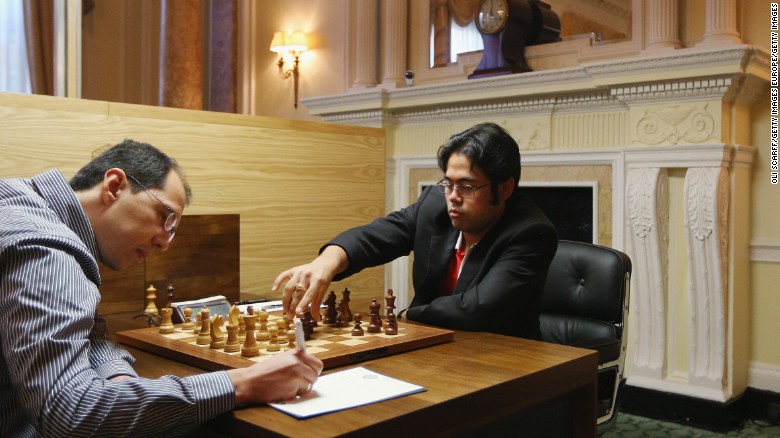
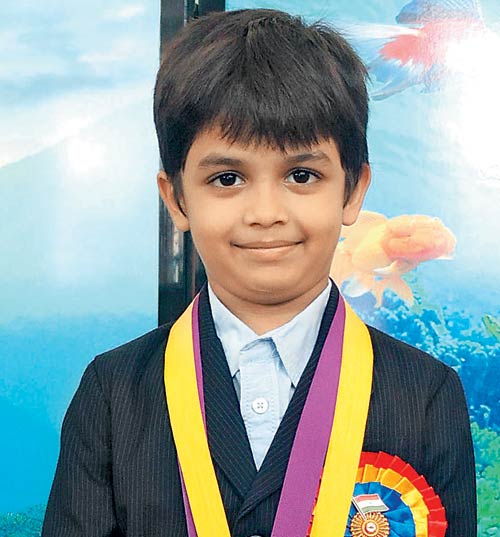
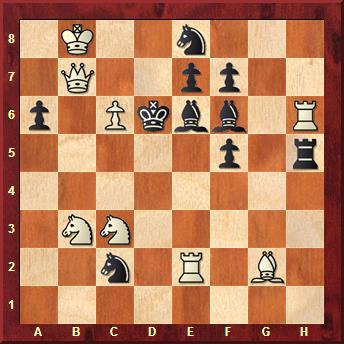

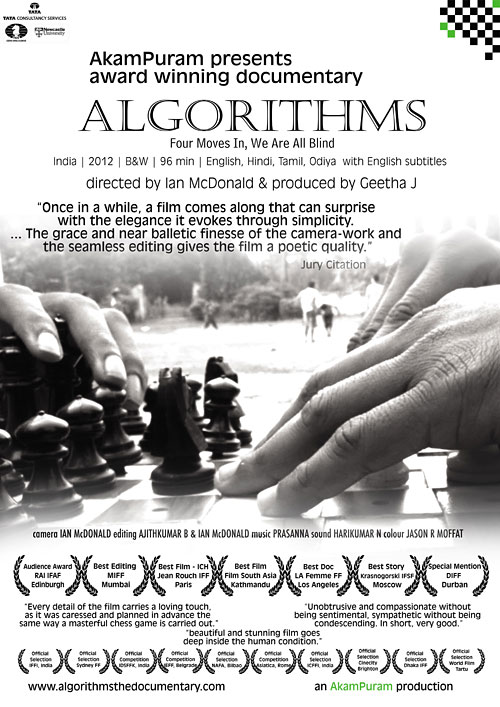
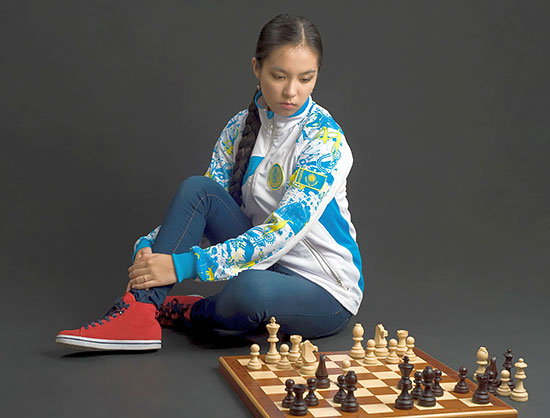
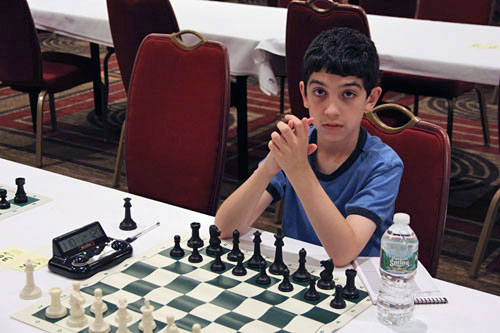

 RSS Feed
RSS Feed